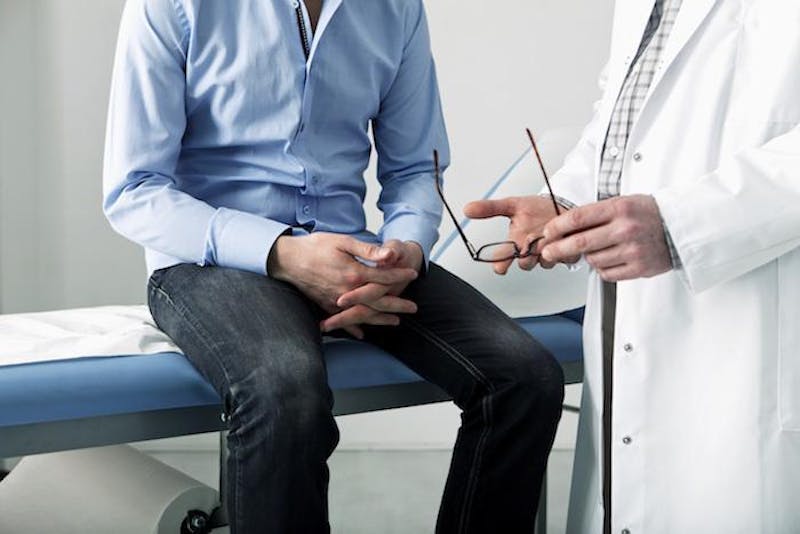
The term “neuromuscular disease” (NMD) encompasses a broad category of disorders that develop when nerves controlling muscle movement and sensation fail due to an illness or injury. This can lead to weakness, pain, and decreased mobility in the regions served by the faulty nerve(s).
Our team of board-certified orthopedists at the Center for the Functional Restoration of the Spine (CFRS) specializes in diagnosing and treating NMDs related to spinal malformation, injury, and degenerative changes.
Understanding neuromuscular disease
There are numerous diseases that can affect the health of your nerves and muscles. Muscular dystrophy, for instance, is an NMD that’s most often due to genetic (inherited) mutations that restrict cellular production of various proteins necessary to build and maintain healthy muscles.
Other NMDs, including those we focus on at CFRS, are related to conditions that change the structural stability of your spine. These issues can irritate and inflame nerves exiting the spinal column and lead to varying degrees of pain and muscular disability.
What conditions cause NMDs related to spinal instability?
Virtually any condition that affects the bones, ligaments, and other tissue structures in your spine can cause nerve inflammation and irritation.
One of the most common, however, is radiculopathy. This condition occurs when structural changes in your spine cause compression or “pinching” of the nerve roots that exit the spinal cord and travel between vertebrae into various areas of your body.
Symptoms related to radiculopathy vary according to the area of the spine that’s affected and may include:
- Pain that radiates (travels) from the back or neck into the arms, legs, shoulders, or head
- Discomfort that worsens with even simple activities, such as walking or sneezing
- Weakness in the arms or legs
- Loss of reflexes in the extremities
- Numbness, tingling, or other abnormal sensations in the arms or legs
Radiculopathy arising from the mid to upper (thoracic) spine can also cause pain that starts in your back and wraps around your sides.
Note that symptoms of radiculopathy may occur infrequently or become persistent and worsen in severity as the underlying condition worsens.
What causes radiculopathy and how do you treat it?
Radiculopathy is commonly related to:
- Bulging or herniated discs
- Bone spurs
- Thickening or ossification of the spinal ligaments
- Narrowing (stenosis) of the spinal canal
Many of these issues are associated with degenerative changes linked to osteoarthritis and other effects of aging. Injuries related to trauma and, more rarely, spinal tumors can also cause radiculopathy.
Treatment depends on the severity of your symptoms and the underlying condition causing your discomfort.
Your CFRS specialist may recommend various conservative therapies that are designed to soothe irritated nerves and restore muscular flexibility and strength, including:
- Physical therapy
- Oral medications or steroid injections to relieve pain and reduce inflammation
- Activity modification
Should these treatments fail, our spine specialists may recommend minimally invasive surgery to resolve your symptoms and help prevent future issues by correcting the underlying cause of radiculopathy.
For more information regarding the many outstanding treatments our specialty team offers for conditions affecting your spine and mobility, schedule an evaluation at CFRS today.

